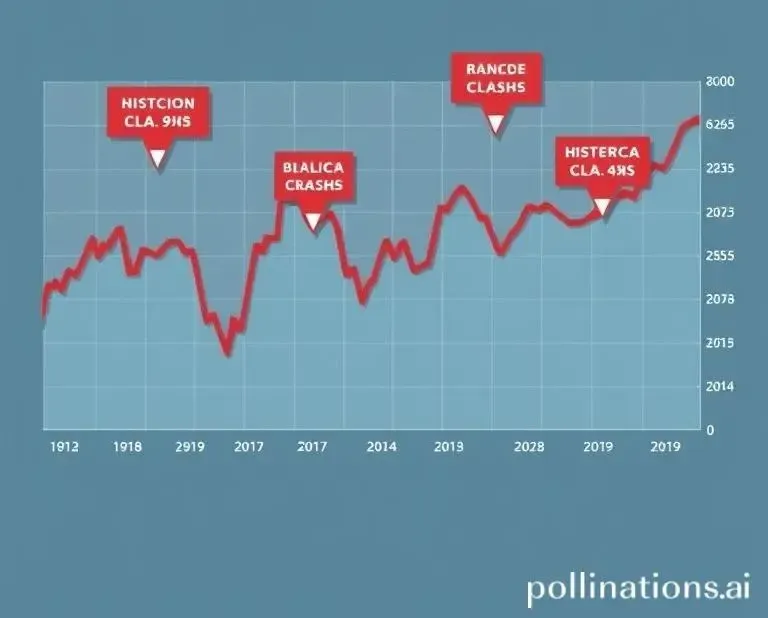How Historical Stock Market Crashes Inform Today's Investing Strategies
Explore how past market crashes can enlighten your current investment strategy.

Have you ever found yourself wondering, what can past stock market crashes teach us today? It's a question every investor grapples with at some point. History has a way of repeating itself, and understanding the lessons from significant financial downturns can help guide our decisions in the current market landscape. Investors today can glean insights from historical events to refine their strategies and mitigate risks.
Take the infamous crash of 1929. Amidst the tales of financial ruin, there are valuable lessons on investor psychology, market speculation, and the importance of diversified investment portfolios. Fast forward to today, and you'll see we're still navigating similar waters—albeit with more technology and information at our fingertips.
What Past Crashes Reveal
History is an invaluable teacher. Here's what previous downturns might tell us about surviving—and thriving—in today's stock market:
- Psychology Over Panic: The panic selling of assets during market drops has historically led to worse financial outcomes than if investors had stayed the course.
- Diversification Is Key: The 2008 financial crisis underscored the perils of putting all eggs in one basket. A mix of asset classes can provide a safety net during turbulent times.
- Long-term Thinking: Markets have a tendency to recover over time. The Great Depression was followed by a prolonged period of growth and innovation.
Mark, a fictional friend of mine, often tells this story: In the early 2000s, when the dot-com bubble burst, he nearly pulled his entire retirement savings out of tech stocks. Instead, he decided to hold onto them—and diversify a bit. It was nerve-racking then, but his portfolio has grown significantly since. This anecdote reminds us of the power of patience and calculated decision-making.
The Role of Modern Tools
Today's investors have access to a range of tools and platforms that early 20th-century investors could only dream of:
From automated financial advisors, known as robo-advisors, to advanced analytics platforms, modern investors can better manage their portfolios with real-time data. Yet the core principles remain the same: evaluate, diversify, and think long-term.
Conclusion: Looking Forward
The stock market's cyclical nature suggests that downturns aren't the exception—they're the rule. But every crash is also an opportunity, offering lessons for the vigilant. Remember, it's not just about surviving the next downturn but thriving beyond it.
As you ponder the insights history offers us, what strategies will you employ to protect and grow your investments? And I'm curious—how do you think current tools and knowledge will shape your next big financial decision?




